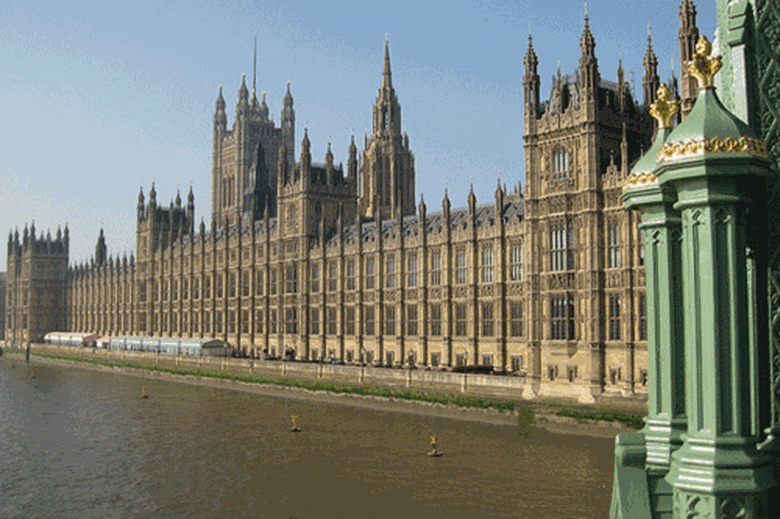Minister outlines future education role for councils
Jess Brown
Friday, December 11, 2015
The government has clarified the role it expects councils to play in shaping and monitoring local education services as the number of schools that convert to academy status increases.

Speaking during a House of Lords debate on the Education and Adoption Bill, schools minister Lord Nash said the government expected local authorities to retain responsibility for a range of school functions including sufficiency of places and admissions, special educational needs (SEN) and safeguarding.
Nash was responding to concerns raised by Labour peer Lord Hunt of Kings Heath over the announcement by Chancellor George Osborne in last month’s Spending Review that the government “will make local authorities running schools a thing of the past”.
Osborne also announced plans to cut £600m from the education services grant (ESG) given to councils to support their school improvement and pupil support work.
Nash said: “The Prime Minister has made clear that our ambition is that, in time, every school will have the right to become an academy. Given that ambition, it is right that we look at how we might reform the role of local authorities in education, although there is no intention of taking them out of education totally.
“In a situation at some stage in the future where all schools were academies, obviously local authorities would not be running schools. However, we certainly anticipate them continuing to have a role in the sufficiency duty, admissions, SEN and safeguarding.”
He added that the government does not plan to convert every school into an academy immediately, but that local authorities' role will reduce as regional schools commissioners take on more responsibility.
Earlier this week, Prime Minister David Cameron said local authorities controlling schools was a “failed approach of the past”.
Roy Perry, chairman of the Local Government Association's children and young people board, said councils are well placed to intervene to improve education.
“Councils should be regarded as education improvement partners and be allowed to intervene early and use their solid experience, integrity and desire to help improve the system,” he said.




